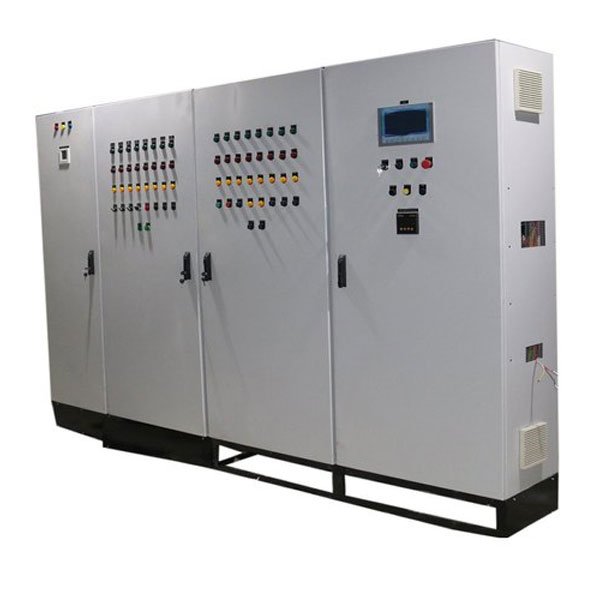What is an Electrical Control Panel?
To achieve their diverse process goals, industrial equipment and machines require defined functions and organised control. These functions are carried out by electrical control panels in manufacturing equipment. Understanding what they are emphasises their crucial importance to business.
All You Need To Know About Electrical Control Panels..!!
An electrical control panel, in its most basic form, is a collection of electrical devices that use electricity to regulate the mechanical processes of industrial equipment or machinery. Panel structure and electrical components are the two primary components of an electrical control panel.
Electrical Control Panels Panel Structure
An electrical control panel resembles a breaker box in a home or office in that it is made up of an enclosure and a rear panel.
Enclosures
The enclosure is a metal box that is often made of aluminium or stainless steel and varies in size. In most industrial applications, the size of the enclosure is determined by the number of doors (typically one or two). A UL safety rating (508A is standard), an IP rating, and/or a NEMA classification will be included with the enclosure.
These listings can assist users in locating properties such as:
- Use both inside and outside
- Water-resistant/water-proof
- Proofing against dust and solid pollutants
- Rating for hazardous conditions
- Explosion-proof certification
For simple identification and reference, these distinct classes should be printed on a metal plate and mounted to the enclosure.
Back Panels
Inside the enclosure, a back panel is a metal sheet that provides structural support for DIN rail mounting and wire ducting. DIN metal rails have specified dimensions and serve as a mounting platform for electrical devices. Wiring ducts aid in the routing and management of wires as well as the reduction of electrical noise between equipment within the box.
Do You Need A Customised Electrical Control Panel?
The complexity of the system it controls will determine the design of a custom electrical control panel. A simple electrical relay system or a more complicated PLC system with single or many PLC networks and IIoT or SCADA integrations are examples of designs. A requirement for more advanced operation of multiple manufacturing operations; more unified, universal control of systems; and/or a need for improved HMI are all indicators that your company might need a bespoke panel design.


